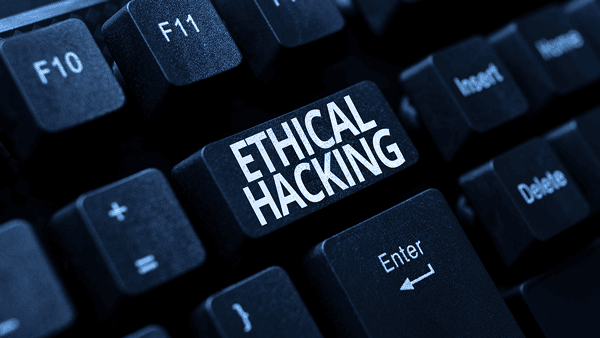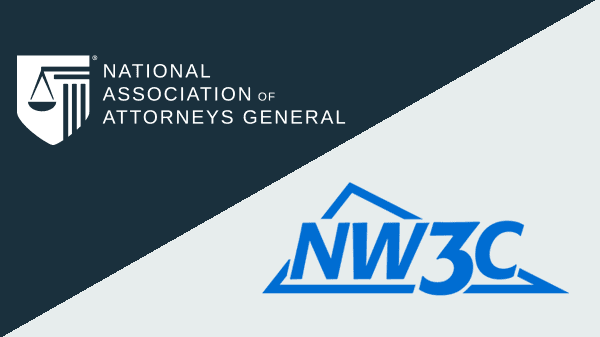-
 Coeditor, The Anticorruption Manual: A Guide for State ProsecutorsDirector, NAGTRI Center for Ethics and Public Integrity
Coeditor, The Anticorruption Manual: A Guide for State ProsecutorsDirector, NAGTRI Center for Ethics and Public Integrity
This article is part of a series about The Anticorruption Manual: A Guide for State Prosecutors. The other articles in the series are:
- The Anticorruption Manual: Helping State Corruption Prosecutors Fill the Role the U.S. Supreme Court Expects Them to Play
- Section I: Species of Corruption
- Section II: Investigating Corruption Cases
- Section III: Criminal Corruption Statutes
- Section IV: The Corruption Trial & Common Defenses
- Section VI: Civil & Administrative Enforcement, Asset Forfeiture, & Collateral Consequences of Corruption
Section Five of The Anticorruption Manual addresses ethical considerations relating to the investigation and prosecution of corruption cases. It highlights discussions of ethical issues in other chapters and analyzes certain issues that are not addressed at length elsewhere in the book.
Chapter 5.1: Ethical Issues for Corruption Prosecutors: An Overview
The section starts with a chapter by Victor Olds, Beverly Ma, and Amie Ely that addresses topics including (1) prosecutors’ ethical obligation to avoid using partisan or other improper political or personal considerations in corruption cases; (2) conflicts of interest and recusal; (3) ethical issues that can arise during an investigation, including with witnesses and the grand jury; (4) discovery and disclosure requirements; (5) potential issues during a corruption trial; and (6) penalties that state bars might impose if prosecutors are found to have violated ethical requirements. In addition to providing guidance in these areas, the authors direct the reader to other chapters in the book that also address these topics.
Chapter 5.2: The Timing of Charges in Corruption Cases
Anthony Picione and Peter Lee, both of the New Jersey Attorney General’s Office, examine issues that corruption prosecutors commonly face in determining when to file charges. They explore (1) legal considerations, including decisions about charging specific statutes and defendants; (2) the timing and methods of charging, including whether to file a complaint or request an indictment from the grand jury; (3) additional considerations, including public safety and media issues; and (4) the need to remain impartial and avoid conflicts of interest.
Chapter 5.3: Media Relations in Criminal Corruption Cases
High-profile corruption cases often attract media scrutiny, as they involve matters of significant public interest. Cardozo Law Professor Jessica Roth provides guidance about how to balance the public’s legitimate interest in being informed with other important interests, including a defendant’s right to due process; the privacy and reputational interests of witnesses, subjects, and targets; and the integrity and effectiveness of ongoing investigations. She explores the requirements in the Model Rules of Professional Conduct, recent cases, and standards published by the U.S. Department of Justice, and suggests that offices develop thoughtful policies to guide public statements.
The goal of Section Five of The Anticorruption Manual is to help readers understand:
- Ethical issues that may be more likely to arise in corruption cases than in other criminal cases, including allegations of improper political or partisan motives, as well as challenges that might arise during an investigation, pretrial discovery, or trial.
- Legal, strategic, and practical considerations that can guide charging decisions in corruption cases, including whether to continue an investigation in an effort to charge additional conduct or targets, or to file charges more quickly to endeavor to protect the public from an ongoing abuse of power.
- Constitutional and ethical limits on public statements in criminal investigations and cases.
The final article in this series will summarize chapters addressing civil and administrative enforcement, asset forfeiture, and collateral consequences of corruption.




